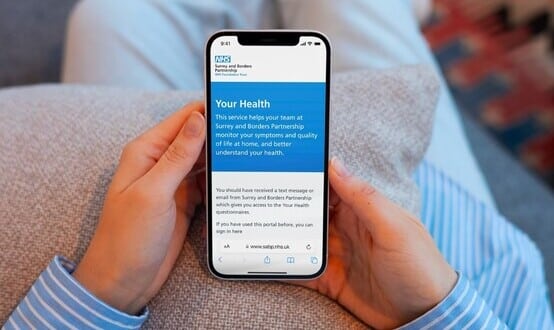Connelly: South benefits from no LSP
- 4 June 2009
Director general of informatics Christine Connelly has said the National Programme for IT in the NHS’ new approach in the South will mean faster delivery and greater engagement with frontline staff.
Speaking at the Assist conference in Birmingham this morning, Connelly claimed there would be benefits to not having a single local service provider in the region, which lost Fujitsu as its LSP last year.
BT has taken on the ‘Live8’ sites that had deployed Cerner Millennium before Fujitsu’s contract was terminated.
It emerged this week that it would be paid more than £500m for this support, delivering Cerner to another four acute trusts, and deploying RiO at 25 community and mental health trusts.
Other Southern trusts are expected to be given more choice from the Additional Supply Capability and Capacity (ASCC) catalogue.
“We are not going to wait until every single decision has been made before we start the deployment for each environment, which is what we would have to do if we went to the market for a single LSP,” Connelly told the conference in response to questions.
“Our intention is to take some of the work-streams and run some of the work-streams at the fastest pace that they can go at and to challenge where there need to be dependencies between them.
“As far as I can see, there is no dependency about us making a choice around a product for community health and a choice of products for acute trusts.
“We are going to engage with clinicians in community health in one sphere, work with them and help them choose a product, license that product, and implement it as soon as possible. At the same time, we will work with clinicians in acute trusts on getting the right mix, licensing that, and deploying.”
In her keynote speech to the conference, Connelly dwelt on the importance of information and IT to delivering Lord Darzi’s Next Stage Review of the NHS, and on the importance of the national programme picking up pace.
She also echoed the message being put out by NHS chief executive David Nicholson that the NHS needs to become more productive to meet future financial challenges, and that the key to doing this is to be more innovative.
This week, Nicholson told the Health Service Journal that “all bets were off” on spending after 2010-11, when the health service’s current settlement with the Treasury runs out. He also told the magazine the DH would “really squeeze” the NHS to sustain a surplus of around £1billion while making significant efficiency savings.
Delegates to the Assist conference also asked questions about financing, with one asking how the national programme would help the NHS to make the best use of its 18 month “window of opportunity.” In response, Connelly reiterated her message about it being important for the programme to work faster.




